Following a half-day tour showcasing the beauty of the host island nation of Mauritius, and a gala dinner, which left attendees dancing long into the night, it was back to business on the final morning of the Pan African Media Research Organisation’s (PAMRO) annual conference.
Proceedings kicked off with a presentation from Nicole Vergos, service line manager for marketing strategy and understanding at Ipsos SA, who discussed how the disability market is an untapped and bankable segment.
“People with disabilities are often associated with charity and the assumption is that they don’t have money. They have just as much spending money as others,” she stressed, adding that tapping into the disability market is as simple as a business making itself more accessible, inclusive and personalised.
The fundamentals of data and insights
Next up was Elsie Zwennis of Geoterraimage SA, who explained why data and insights are the fundamentals of the market research profession. She provided an inside look into some of the work that Geoterraimage is doing, which revolves around geospatial mapping.
The company provides fully integrated geo-spatial information products, an example of which is its Neighbourhood Lifestyle Index which offers an in-depth understanding of lifestyles in a way that maximises satellite technology.
Passive mobile-phone audience research
The focus shifted to the east of the African continent for the next talk, delivered by Maggie Ireri, CEO of Tifa Research Kenya. She unpacked how passive mobile-phone research has been used to collect data and insights from consumers.
“The dynamic media market in Kenya is forcing us to come up with different methodologies for research,” she began, before explaining, “Passive research methodologies provide exposure without effort from respondents.”
The proliferation of smartphones (even basic ones) in the country meant this methodology was a perfect match to gather information from research respondents.
Influencer marketing and choice
Staying in Kenya, Evelyn Wenani, head of strategy and client service for Tripple E Plus Media Kenya, was the next presenter, with her talk entitled ‘Proper research strategies in influencer marketing and choice’.
She espoused the benefits of this type of marketing, but at the same time cautioned that, “Brands need to be alert when it comes to using influencer marketing. It can easily have negative results for a brand.
Her advice for brands is to focus on the choice of influencer as “not all influencers work for every brand. It’s about context and matching the influencer with the country’s audience.” Choice of platform to post content on is another vital factor, as not every platform will match a brand’s objective in their marketing campaign.
Powerfully, Wenani added that influencer marketing is about trust, “trust between the brand and the influencer and the trust between the influencer and the audience”.
Not originally on the speaker programme, Pamela Gwanzura took attendees through the journey that the Zimbabwe Advertising Research Foundation has been on.
Funding has been the biggest challenge facing the industry body, with Gwanzura explaining, “There was no consistency in funding contributions from stakeholders, due to what is happening in the market. But we came up with a solution, a proposed fixed fee system as opposed to a levy system for funding our data. Sourcing for alternative funding required innovation, out the box thinking and we managed to source enough funds to get the research done.”
Rural radio audience measurement in Nigeria
The final paper of the conference, entitled ‘Time to go rural – rural audience measurement’ focused on research efforts in Nigeria in non-urban centres, particularly around broadcast radio.
As one can imagine, a lot of challenges were faced during this work, but innovation and technological solutions have enabled researchers to gather data and insights despite them.
Two awards handed out
The 21st PAMRO conference came to a close with two awards being handed out.
The PAMRO Partner Paper Award, which is given to the presenters of the paper that best reflects the aim and theme of the conference, as well as a paper that PAMRO can partner with for the next year to affect change, was awarded to Ejaz Mirza and Bev Tigar of Borderless Access.
Their presentation centred on a case study, in partnership with Unilever, which explored consumers’ decision making processes and journeyed to the centre of peoples’ minds.
The Best Audience Paper Award, given for the paper that resonated the most with and elicited the best response from the conference’s audience, was won by Margaret Irere of TIFA Research.
A call for more African papers
Reflecting on the conference, PAMRO treasurer, Oresti Patricios, said the one thing that was lacking were more papers from African countries.
“What’s important for us is that we get more papers from around Africa. We get too many papers from South Africa, as they put forward their papers, which we do choose. What we do request is that some of the local organising committees (LOCs) in African regions push their members to send us papers so that we can get more papers from around Africa,” he explained.
Next year’s PAMRO conference will be held in Marrakesh, Morocco. Patricios said, “We have found very few people have come from North Africa to our PAMRO conferences … If we can try and include that region it will be really cool, so that’s what we’re hoping to attract some of the North Africans into the PAMRO conference and the PAMRO family.”
Here are some pictures from the final day of the conference:

Nicole Vergos 
Elsie Zwennis 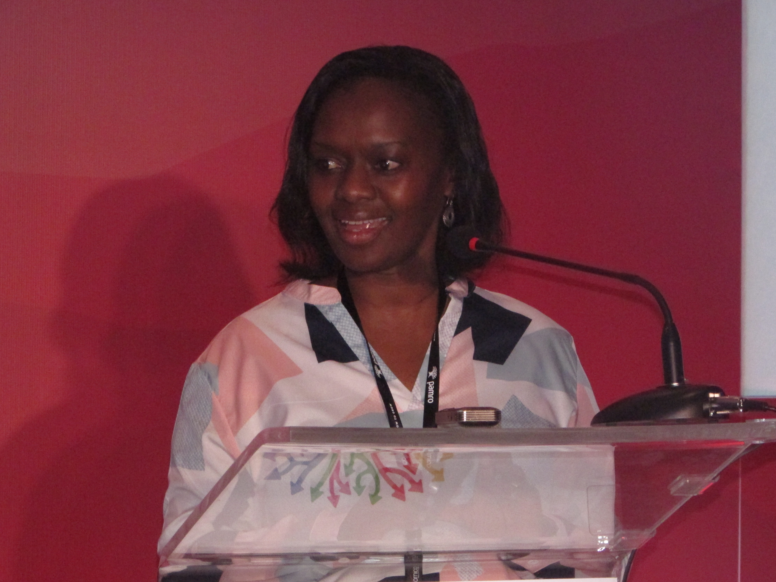
Maggie Ireri 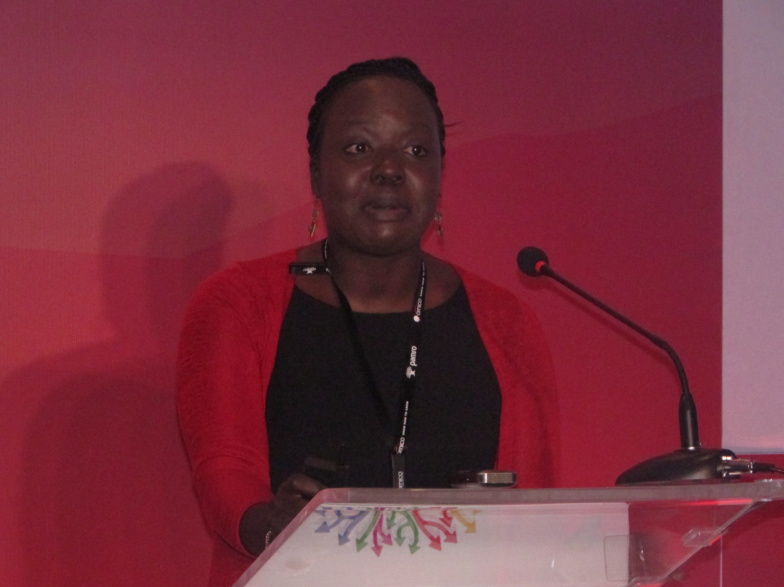
Evelyn Wenani 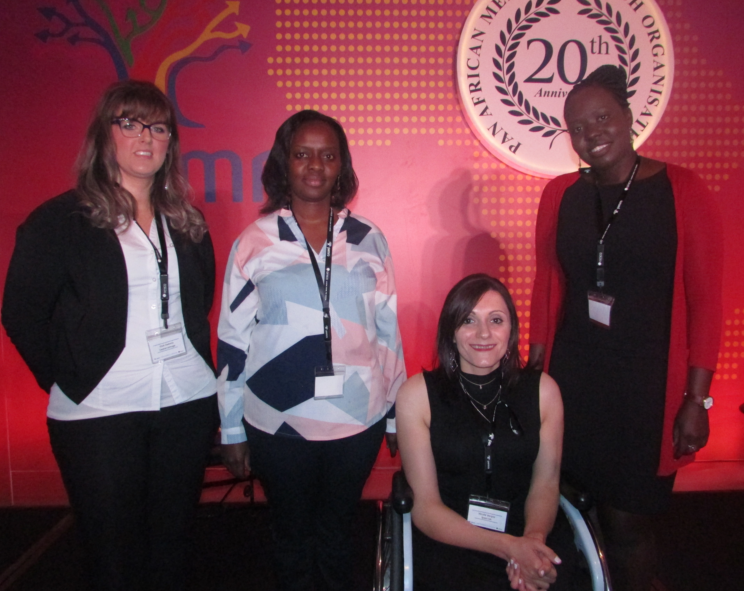
The speakers from the morning session 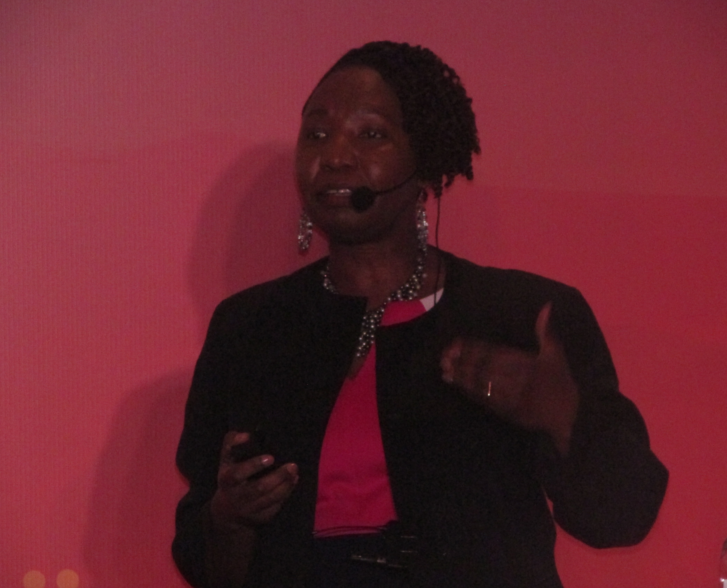
Pamela Gwanzura 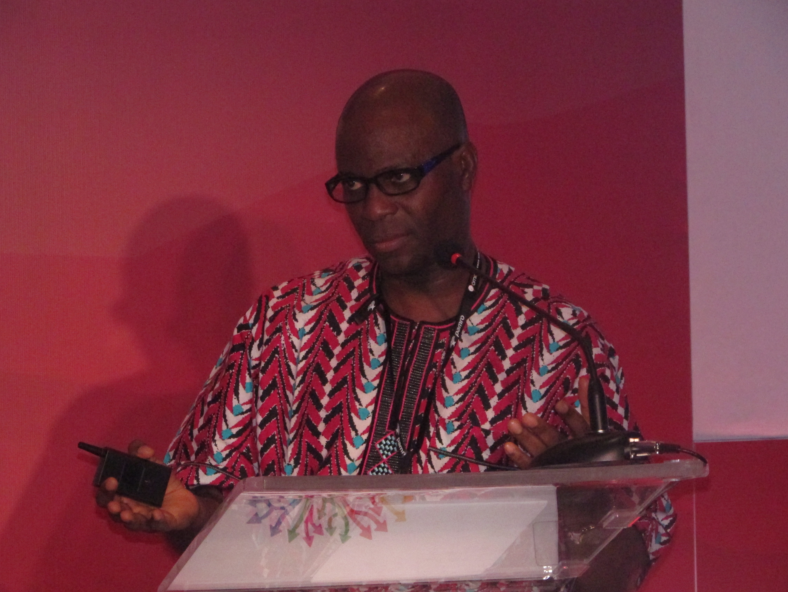
Jonadab Egbowon 
Ejaz Mirza, Sifiso Falala and Bev Tigar 
Maggie Irere and Sifiso Falala 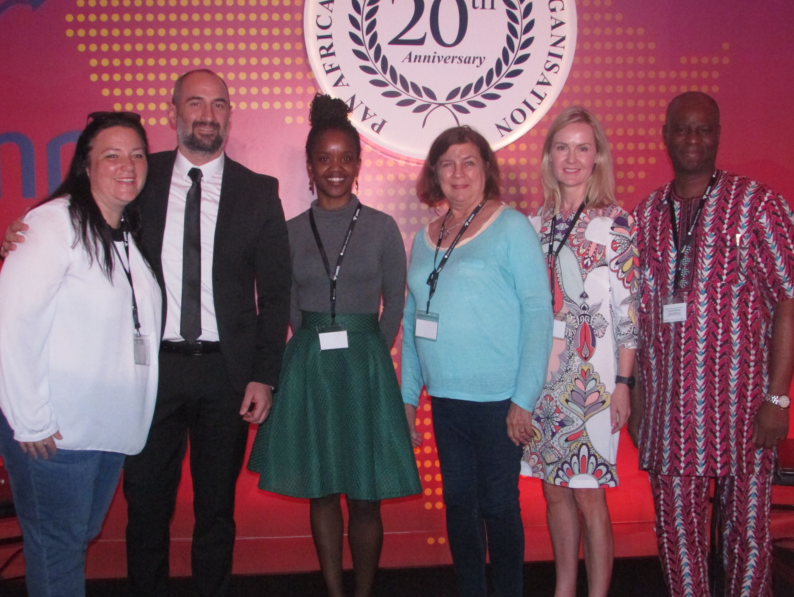
The judging panel for the two awards
Michael Bratt covered the PAMRO conference in Mauritius as a working guest of the research organisation.














